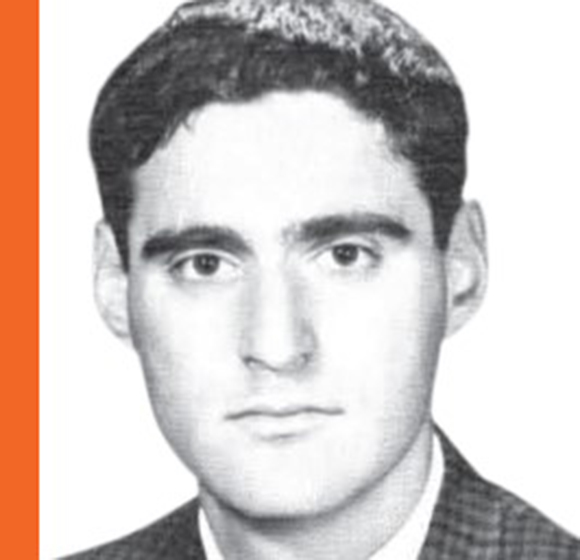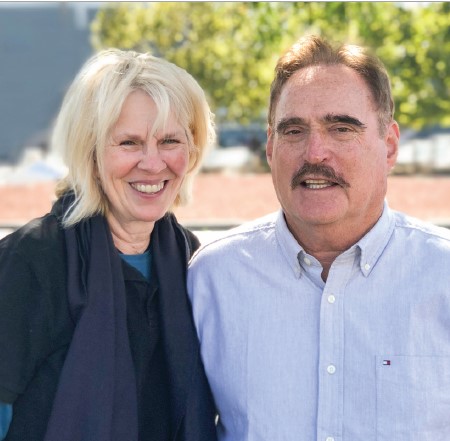 This alumnus laced up his cleats for the Caltech football team as a freshman and competed throughout his college career in interhouse games, which tended to get "a little rough for touch football." When he was not patrolling the gridiron for Blacker House or tackling his math-heavy course load, he found respite in the Blacker student lounge, where watching housemates play bridge turned him on to a game that would become a lifelong passion.
This alumnus laced up his cleats for the Caltech football team as a freshman and competed throughout his college career in interhouse games, which tended to get "a little rough for touch football." When he was not patrolling the gridiron for Blacker House or tackling his math-heavy course load, he found respite in the Blacker student lounge, where watching housemates play bridge turned him on to a game that would become a lifelong passion.
After graduate study at UCLA, this alumnus changed course from his original plan to become a mathematics professor. He joined IBM during the early days of the computing revolution. This was before Caltech offered a computer science major, but he says his Caltech experience prepared him for the challenge. "Being a math major, you're precise about how you formulate things," he says. "It's the same for computer science, except you're using a language instead of the mathematical notation."
In the 1970s, he initially worked in the company's Federal Systems division, where he focused on fault detection for sensors and countermeasures on nuclear submarines for the U.S. Navy. This entailed writing in Fortran by hand, submitting code to clerks who typed it into punch cards, waiting for time on the company mainframe, and getting results the next day. During 41 years at “Big Blue,” mostly in San Jose, California, he led efforts to develop and refine products related to sorting, backing up, and restoring data.
 Stuart Goodgold (BS '68) and his wife, Ruth Long
Stuart Goodgold (BS '68) and his wife, Ruth LongThis alum was a chess devotee at Caltech. Early in his career, he played chess regularly in the private sector until the time demands conflicted with his programming work. Instead, he joined IBM’s bridge club and eventually became a competitive player. Since he retired from IBM in 2005, he has helped govern the game across North America as a member of the American Contract Bridge League.
Torchbearer Stuart Goodgold (BS ’68) chose to contribute to Caltech in the form of a planned gift. While it is gratifying to support the major initiatives and world-class research that define Caltech, Goodgold believes it is also essential for Break Through campaign donors to support students, who will be the future programmers and developers who change our lives. “I remember my undergraduate days even though they were 50 years ago,” he says. “I think there should be a lot more support for undergraduates.”


